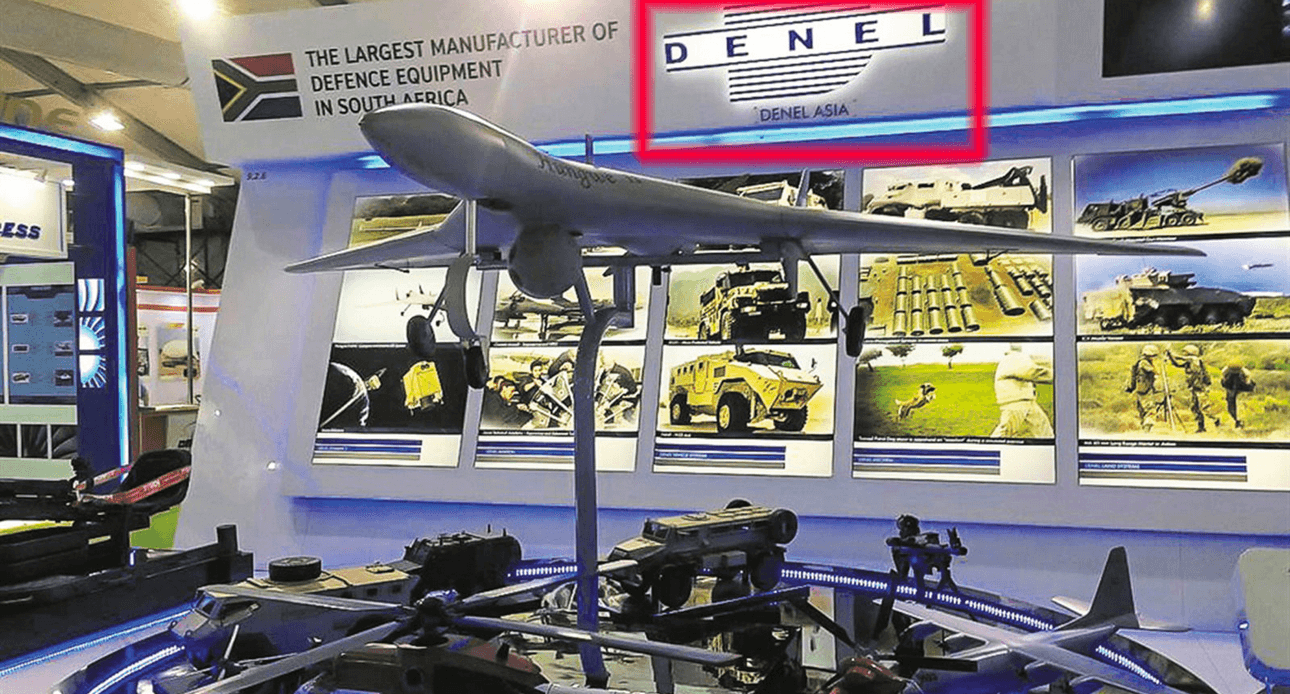By Waseem Holland.
The similarities between apartheid-era corruption and contemporary corruption are clear, even in today’s democratic South Africa, supposedly accountable to its citizens. Corruption is old, but now wears a new face. And the Guptas did not challenge Western capitalist hegemony as some have suggested. They, and other business networks like them, perpetuate a system that rewards elites at the expense of the poor, who rely on state resources to survive.
Far from being the leader in human rights that was South Africa post-1994, the prevailing state is often cast by the media as inherently corrupt. As if corruption were a new phenomenon in our country. This engenders a view that associates racial identity with corruption, which entrenches Western supremacy. Simply put, black governments are corrupt because they are filled with black people.
But corruption present during apartheid endures, where connections between private networks and state structures conspire for ill-gotten gain. Global systems of business elites, aided by state officials, extract every morsel of value from public resources for narrow ends. In South Africa, the Guptas imitate the manoeuvres of established Western elites, for example constructing shell companies as platforms for tax evasion and money laundering from illicit financial flows.
And the arms trade’s murky world is fertile ground for the Guptas and their ilk. An international network in recent years attempted to hijack Denel, the state-owned arms company, in a move so audacious it was almost successful.
A criminal thread
The Peoples Tribunal on Economic Crime, led by Open Secrets and other civil society organisations, took place at Constitution Hill in February. It held hearings on economic crimes that went unpunished during apartheid, making links to the 1999 Arms Deal and joining the dots to allegations of State Capture at Denel in 2015. Hennie van Vuuren, the author of Apartheid, Guns and Money, revealed in his testimony the interconnected web of illicit practices that helped sustain the apartheid regime at a time it was considered a crime against humanity, and placed under arms sanctions. European financial institutions, German and Swiss companies, and the French and Belgian governments did business with the apartheid state and were shown to be complicit in what Van Vuuren calls “sanctions busting”.
At the tribunal, witnesses revealed how the same corrupt practices and actors from the pre-1994 trade were employed in the 1999 Arms Deal. The continuity was most observable in the fact that the apartheid regime’s Armscor is the direct ascendant of the currently operating state-owned enterprise (SOE) in military armaments, Denel.
Waseem Holland is a researcher at the Public Affairs Research Institute and holds a Master’s in Political Studies. The People’s Tribunal on Economic Crimes delivered its findings at Constitution Hill on 20 September 2018.


